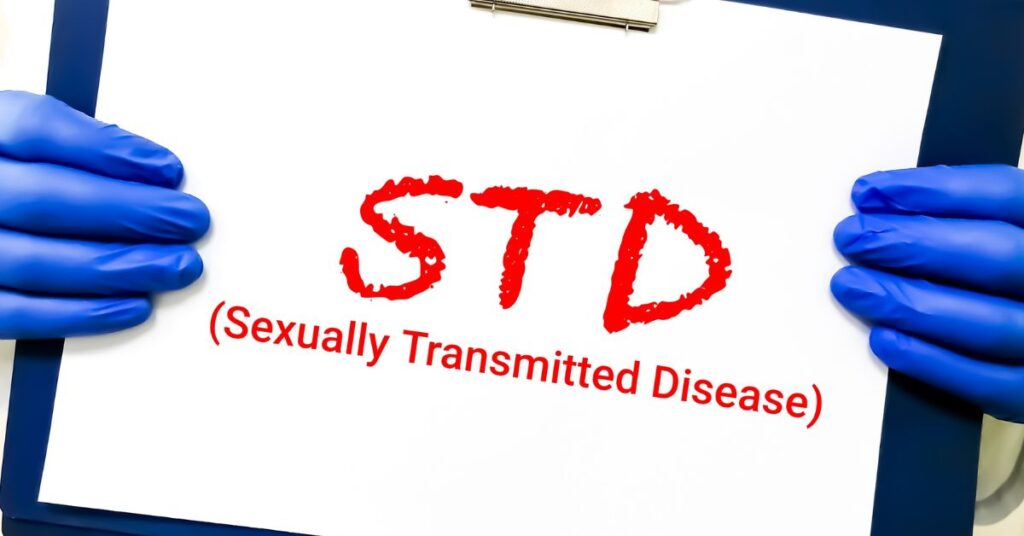Things You Must Know About Sexually Transmitted Diseases
Sexually Transmitted Diseases, known as STDs are most often, but not exclusively, spread via sexual intercourse. They are one of the most common forms of contagious diseases, means they can easily be transferred from one person to another. Every year, there are about 20 million cases of STDs reported, with majority of infections diagnosed in people aged between 15-24 years.
The fear of getting a sexually transmitted infection (STI) is the one that perpetuates the vicious cycle of existence of these “NOT SO TALKED ABOUT” diseases. STIs are very common and easily transmitted through sexual contact. Many STIs are curable and all are treatable, but the only way to know if you have one is to talk about them, consult a sexologist and get yourself tested if required.
Common Symptoms of STIs:
Talking to your doctor about your sex life might seem too personal to share but ideally seeing a dermatologist takes you to the fast track of solution of the problem. Here are some common symptoms that may alert you to the presence of an STI:
- Pain and/or burning sensation when urinating
- Discolored, smelly, or particularly heavy discharge
- Abnormal vaginal discharge
- Warts, lesions, or sores in the genital area
- Rash or itching in the genital area
- Painful intercourse
- Lower abdominal pain, fatigue &
- Low back pain (females)
Q: How can you protect yourself ?
A: Protecting yourself sexually involves not only learning about STIs but practicing safer sex every time you engage in any sexual activity.
- Avoid or minimize direct oral, anal and genital contact by using a barrier method correctly and consistently.
- Avoidance of impulsive intercourse with a complete stranger
- Form a trusted, honest, and communicative relationship.
- Always examine your partner for any wart, ulcer or any other obvious lesion on the genital parts
- Limit your number of sexual partners.
- Talk to your partner about your STI status.
- Include STI testing as part of your regular medical check up.
- Learn the common symptoms of STI’s.
- Do not use drugs or alcohol in potentially intimate situations as they can inhibit your ability to make decisions and may affect your dexterity.
- Get vaccinated for Hepatitis B and C.
- Get vaccinated for HPV if you are a woman between the ages of 9 and 26.
Q: How do you get tested for STIs?
A: There is no one test for all STIs. Get yourself examined by a dermatologist and get the tests recommended as it saves money and avoid unnecessary investigations.
Q: How are STIs treated?
A: The treatment depends on the type of STI. Only use medicines prescribed or suggested by your doctor. There are products sold over the Internet that falsely claim to prevent or treat STIs but the safety of these products is not known. Consult your dermatologist to speak about how you can protect yourself or to get tested and treated accordingly.


